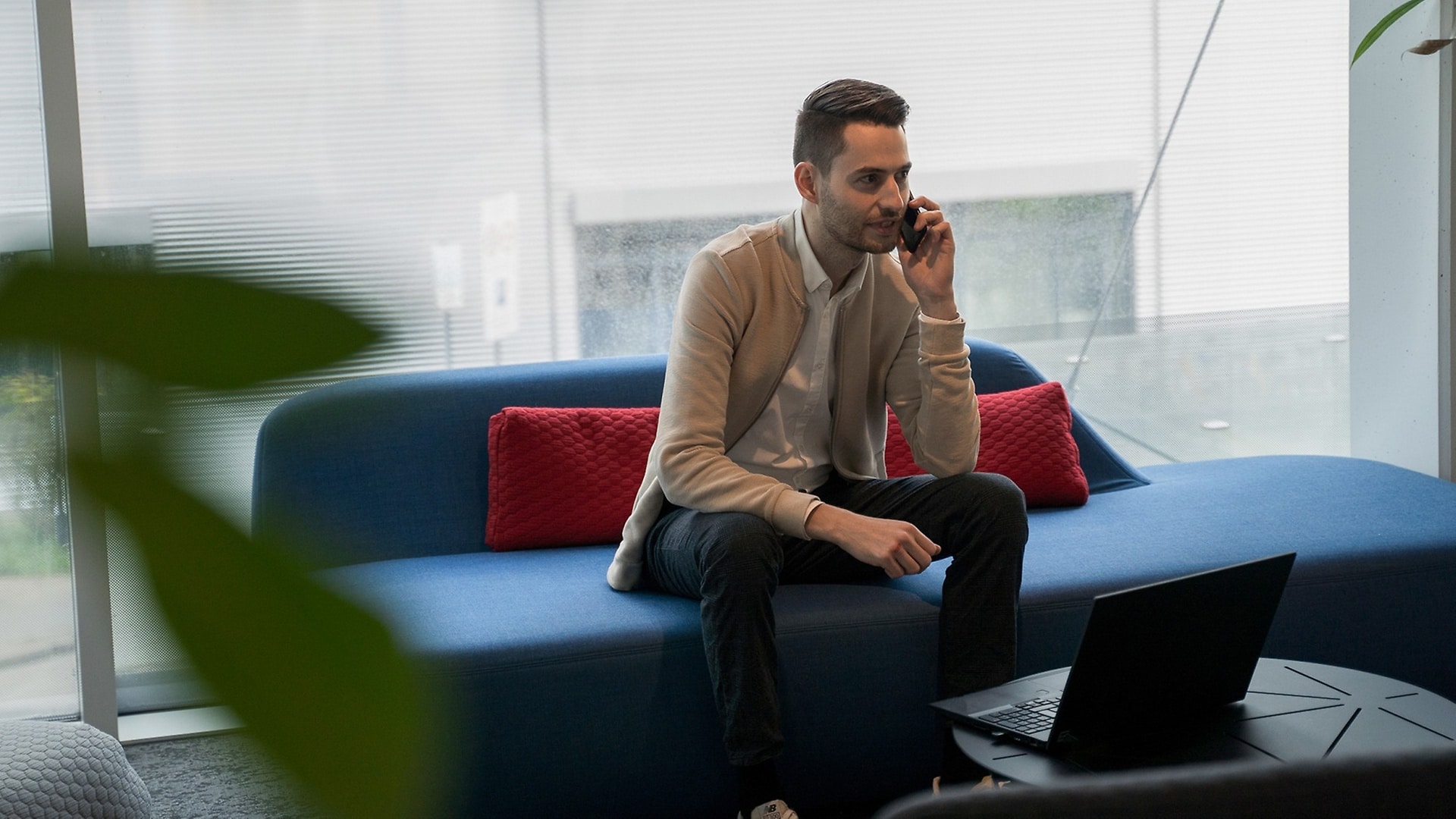Do you only consider the interaction between Mercedes-Benz and a provider, or are suppliers also considered in relation to each other?
Both. As a matter of course, we include all suppliers who could supply us with the goods in question, such as specific parts or materials. We do not only look at the "supplier set" as a whole, however, and also examine each potential partner individually: Are the suppliers' offers complete and comparable? What are their strengths and weaknesses? How can these be evaluated and taken into account in the sourcing decision? This concerns not only financial optimisation, but also the inclusion of differences between the products offered such as weight or performance data. The winner is not always the provider offering the lowest cost, but rather the one that offers the best price-performance ratio. We advise the purchasing specialists over a months-long process, during which we provide support with internal processes and stakeholder management in addition to advice on game theory aspects.
You consult on sourcing management projects in changing tandems and various team configurations. How important are agility and changes in perspective to you?
Extremely important! This is a major advantage of cooperation. It's a lot of fun to work in changing tandems and gain different perspectives on the challenges and solutions. We are in constant and intensive dialogue, including other team colleagues outside the tandem. This is also necessary because the application of game theory to purchasing is highly complex and requires the inclusion of many perspectives in order to gain different insights. We are eager to share our ideas within the team in order to address all possible challenges.
How would you describe your team?
Our team members include people who have business management, economic, or technical backgrounds and practical experience in operative purchasing or academic environments. We complement each other's skills. Personally, my background is in management consulting, where I dealt with topics concerning digitalisation in the context of purchasing. For example, I have added functions to the online tools we use in order to improve our working methods. When we finish a project, we share the experience we have gained with the entire team – the positive insights as well as the challenges encountered with the sourcing.
How does cross-functional cooperation work at Mercedes-Benz?
Our consulting activities for purchasing specialists naturally put us in closer contact with Purchasing than other functions. That said, it is very important to incorporate perspectives from other functions in order to nominate the best suppliers. I ensure this by talking to colleagues from other areas such as quality, technical development or logistics. I like being integrated into entire corporate processes and seeing how all the gears fit together.
,xPosition=0,yPosition=0)




,xPosition=0.5,yPosition=0)